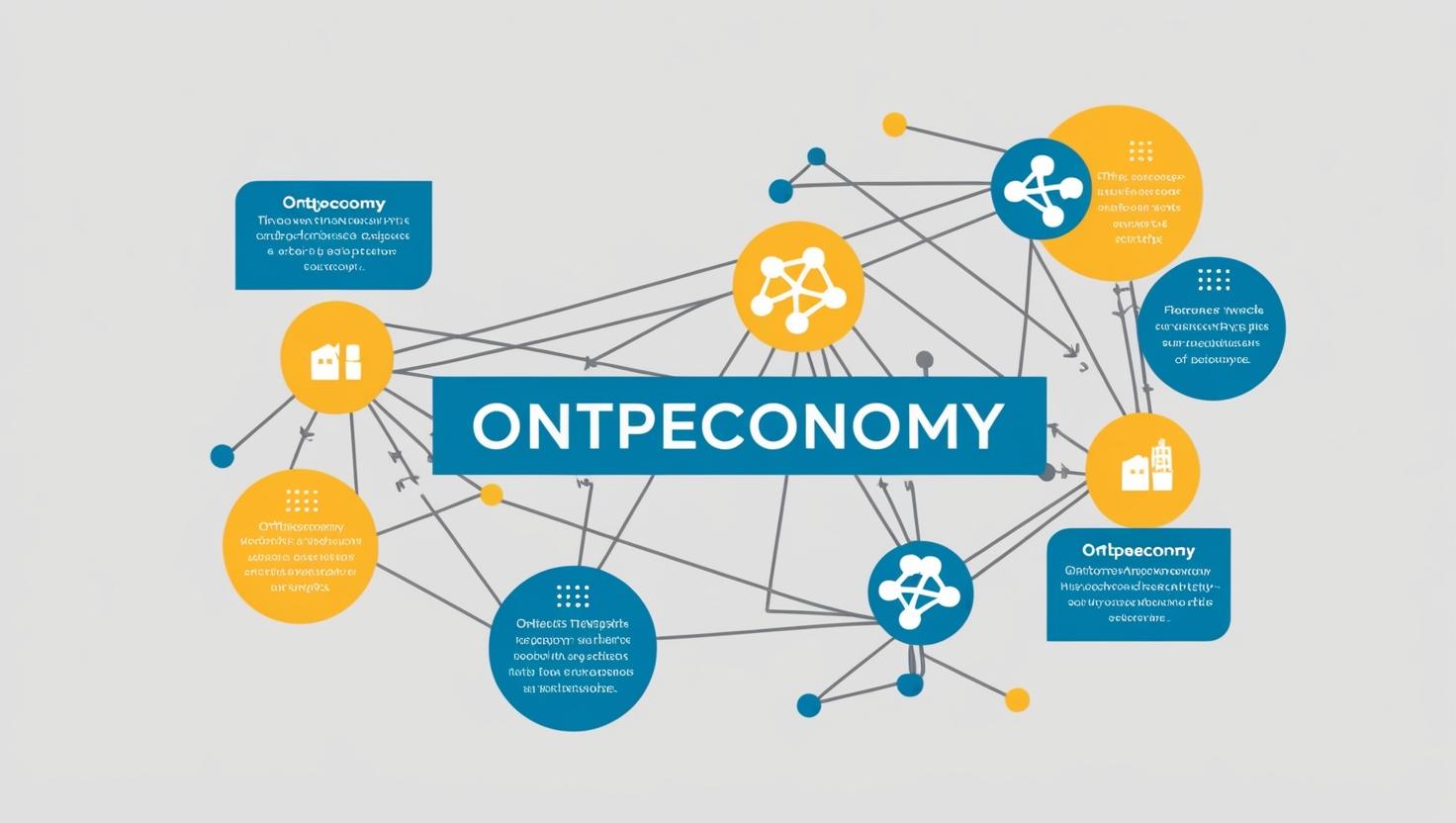The real estate market is full of bold promises, but one of the most ambitious claims in recent years has been made by 72 Sold. This company built its reputation on the promise that it could sell homes in just 72 hours. With a tagline that seemed almost too good to be true, many homeowners turned to 72 Sold hoping for a quick, hassle-free sale. However, what started as a promising business model quickly found itself at the center of controversy, leading to a high-profile lawsuit. In this article, we will dive into the details of the 72 Sold lawsuit, explore the claims made by the plaintiffs, and examine the broader implications for the real estate industry.
Background on 72 Sold
72 Sold, a real estate company founded on the premise of quick home sales, initially attracted attention with its bold marketing strategy. The company’s central promise was simple: sell your home in 72 hours or less. This rapid sales guarantee was appealing to homeowners eager to avoid the traditional, sometimes months-long process of selling a property. For many sellers, the idea of a fast, no-hassle sale was enough to jump on board.
The process seemed straightforward: homeowners would sign up with 72 Sold, and in return, the company would work quickly to find buyers and close the deal within 72 hours. The company marketed itself as an innovative solution for homeowners who wanted to bypass the typical real estate process, which often involves open houses, showings, and negotiations. In theory, the model worked, and many homeowners eagerly signed contracts with the company, hoping to experience the promised fast sale.
However, the issues began to surface when many sellers found that their homes didn’t sell in the promised 72 hours. This discrepancy between the marketing promises and the actual results would later form the core of the lawsuit against the company.
The Lawsuit: Key Details
The 72 Sold lawsuit came into the spotlight when several disgruntled homeowners filed a legal complaint against the company. The central issue was the company’s misleading marketing practices. The plaintiffs argued that 72 Sold’s advertisements, which emphasized the rapid sale of homes within 72 hours, were not only exaggerated but deceptive. Many homeowners were left with properties that remained on the market far longer than promised, leading to significant financial strain.
The lawsuit claims that 72 Sold used false and misleading advertising tactics, which led clients to believe they were signing up for a service that would result in a quick sale. In reality, the process was often far from fast. Homeowners who had trusted the company with their homes found themselves stuck with properties that didn’t sell as promised, and in some cases, they had to pay additional fees for services that were not clearly disclosed at the outset.
The plaintiffs also accused 72 Sold of not being upfront about the full costs involved in the sale. While the company offered an enticing “no fees” model in its advertising, many clients later discovered hidden costs and charges that significantly impacted their profits. These charges were often related to administrative fees, advertising costs, and other expenses that were not clearly disclosed during the initial agreement.
Responses from 72 Sold
In response to the lawsuit, 72 Sold has defended itself by arguing that the marketing messages were meant to be understood as part of a broader promotional campaign. The company maintains that the sale of homes within 72 hours was a goal, not a guarantee, and that certain circumstances beyond their control could impact the timeline.
72 Sold’s legal team also pointed out that the terms and conditions of their services were available to clients before signing the contract, and that they believe the lawsuit stems from a misunderstanding of these terms. The company has argued that it does not engage in fraudulent or deceptive practices and that it offers an innovative service that simply didn’t align with some clients’ expectations.
Despite this, many consumers have remained skeptical, questioning whether the promises made in 72 Sold’s advertising were too ambitious to be achievable in the first place. The case has become a point of contention, with both sides presenting compelling arguments.

Impact on Homeowners and Clients
For the homeowners who have filed the lawsuit, the consequences of 72 Sold’s actions have been significant. Many sellers relied on the company’s promise of a fast sale, which led them to make critical decisions based on this expectation. Homeowners who needed to sell quickly for personal or financial reasons found themselves in a difficult situation when their homes didn’t sell in the promised 72 hours.
In some cases, homeowners were forced to continue paying their mortgage while their homes sat unsold. In addition to this, many faced additional fees they hadn’t anticipated. These fees, along with the extended time on the market, led to financial strain for many clients. The emotional toll of dealing with a failed sale added to the frustration, leaving many feeling betrayed by a company they trusted to deliver on its promises.
Moreover, there were reports that some clients were pressured into agreeing to terms without fully understanding the costs involved. This lack of transparency and the overwhelming pressure to sign quickly only added to the sense of distrust among the plaintiffs.
Legal and Industry Implications
The 72 Sold lawsuit is not just about one company’s business practices—it raises broader questions about the ethics of real estate marketing and consumer protection. If the claims against 72 Sold are proven true, the lawsuit could set a precedent for future legal action against companies that make exaggerated or misleading claims in their advertising.
From a legal perspective, this case could lead to stricter regulations governing real estate marketing. Real estate companies may be required to provide more detailed disclosures about their processes and the realistic timelines involved in selling homes. The outcome of the case could also result in greater scrutiny of marketing materials, ensuring that companies cannot make promises that they cannot fulfill.
For the industry as a whole, the lawsuit serves as a reminder of the importance of transparency and honesty in marketing. While companies are entitled to advertise their services, they must do so in a way that is truthful and not misleading. If the case leads to regulatory changes, it could fundamentally alter how real estate companies approach advertising and sales, ensuring that consumers are better protected from deceptive practices.
Lessons for Consumers
For consumers, the 72 Sold lawsuit serves as a valuable lesson in the importance of understanding the terms and conditions of any real estate service they engage with. While the promise of a quick sale is appealing, it is essential for homeowners to thoroughly research any company before signing a contract.
Homeowners should ask for clear, written explanations of any costs involved and inquire about any guarantees related to the timeline. If something sounds too good to be true, it’s worth digging deeper to uncover any hidden fees or terms that could affect the final outcome. Additionally, consumers should carefully read through any contracts and seek professional advice if they feel unsure about the terms.
The lawsuit highlights the need for potential clients to approach real estate services with caution. By asking the right questions and understanding the full scope of the service being offered, homeowners can protect themselves from falling victim to misleading or deceptive marketing tactics.
Expert Opinions
Experts in both the legal and real estate fields have weighed in on the implications of the 72 Sold lawsuit. From a legal standpoint, many believe the case could set important precedents for how marketing practices are regulated in the real estate sector. Legal professionals suggest that if the case results in a settlement or judgment against 72 Sold, it may lead to stricter advertising laws for real estate companies.
Real estate professionals, on the other hand, have expressed concern about the potential for this lawsuit to tarnish the reputation of the industry as a whole. Many are calling for greater accountability in marketing and sales tactics, emphasizing that transparency is key to maintaining consumer trust.
Also Read This Blog: What Makes SearchInventure a Go-To Platform for Digital Resources?
Conclusion
The 72 Sold lawsuit has brought to light significant concerns about marketing ethics, transparency, and consumer protection in the real estate industry. While the company’s promises of rapid home sales may have been alluring, the reality for many homeowners has been far different. Whether or not the lawsuit will lead to significant legal changes remains to be seen, but it is clear that the case has already had a profound impact on both consumers and the real estate industry. For homeowners looking to sell their properties, the case serves as an important reminder to always do thorough research, ask the right questions, and ensure that any agreements made are transparent and realistic.





